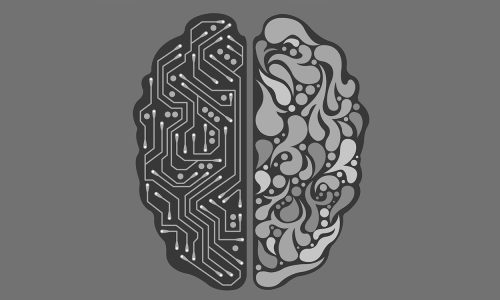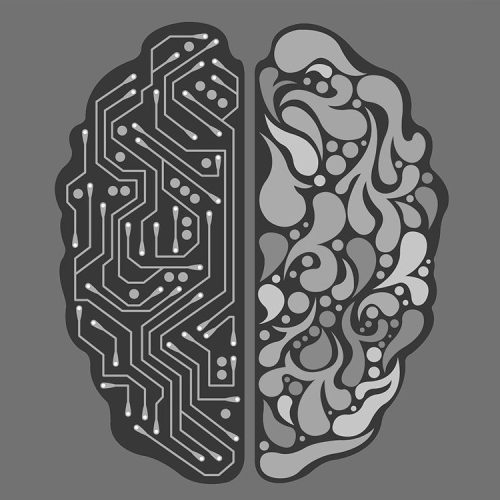Croatian big data startup and a key player in open-source data solutions, Qubinets, launches the second version of its Open Source Data Platform. Founded in 2022 by Croatian entrepreneurs Ivan Konjevod and Amir Babovic, Qubinets is now taking a leap from the Beta version released in 2023, while also announcing a seed round together with its new version.

“With Qubinets, we’re changing the way AI and data applications are managed in enterprises. We’ve combined the ease of managed infrastructure with the precision of advanced CI/CD methodologies, marking a significant evolution in the industry,” Qubinets CEO Ivan Konjevod says.
Supporting seamless cloud, Kubernetes, networking, and security features, Qubinets 2.0 enables its customers to build and run their applications on Open Source Data infrastructure. Developers are now able to operate their own stack and address data privacy and compliance concerns related to 3rd party SaaS solutions.
Offering both – intuitive UX and deep “under-the-hood” options – the platform provides easy infrastructure management and smooth CI/CD methodology.
“The first version and CI/CD automation we did for years were heavy on infrastructure as a code and that’s something we worked on changing. We spent a significant chunk of time working out a back-end model that can work with UI and at the same time is not process-heavy as that’s difficult to scale on a large number of users. The current iteration helps developers up and running connecting their code to data infrastructure on any of the 4 major cloud providers in 25 minutes,” says Qubinets’ co-founder and CCO, Amir Babovic.
With 30 minutes from blank canvas to working AI agent, Qubinets also aims to disrupt the industry by defining unique standards, while lowering time and cost to run and replicate Data and AI-focused application stacks.

“The first step upon logging in is choosing if we are prototyping (using a platform-provided sandbox) or building on our own account – connecting a cloud account in the latter case. From there Qubinets takes over to set up cloud runtime and deploy 20 Open Source tooling repos that can be clicked and instantiated on your cloud account. While the system builds cloud, Kubernetes, networking, and security in the background, users can start picking and connecting microservice architecture, choosing ingestion tools, databases, vector databases, analytics tooling, graphical tooling, etc. they plan to use,” Babovic explains.
Once the prompt is up that the cloud has been built, 10 or 15 minutes from the start, the user can sync the architecture they have planned to this cloud, and for another 10 minutes applications will be up and running with UI hosted on Qubinets’ domain. Then, the user can start adding data and connect their code to this newly built backend.
The new level of interaction between AI applications and existing infrastructure
While AI as a field has been in the hype, in fact, most companies are not ready to implement AI solutions, Babovic adds, explaining that this is because their data is not on the cloud and AI is hosted on third-party clouds, where lots of data cannot be shared.
“Qubinets allows AI builders from one side, to build fast and rely on the reputability of deployment, platform native operations, and identity management to save on costs, while enterprises get to bring their data to the cloud faster and cheaper than ever. With a combination of these two advantages, Qubinets becomes the most cost-effective way to build, publish, and operate AI agents and other Data-heavy solutions on the market. Simplified and efficient scaling is what we have in mind and Qubinets is built around that idea,” he points out.

Thus, Qubinets 2.0 brings significant improvements, engineered to streamline AI application stack integration and operations. AI agents can easily be built from templates and load training data into a database of choice, e.g. vector databases, time-series DB, event-streaming engines, dashboards, graphing tools, etc.
- Streamlined Integration: Qubinets 2.0 brings a new level of interaction between AI applications and existing infrastructure, especially with cloud services and Kubernetes.
- Contributions: Clients can now create their own AppQubs, having together their code and infrastructure in one, easy to use interface.
- Expanded Open-Source Repository: An extensive range of 13 applications are included, from sophisticated databases to Kafka systems, available at the user’s fingertips.
- User-Centric Design: A visually engaging interface is combined with multiple customization options, putting full control in the hands of users.
- Rapid Deployment: Remarkable capability to go from a blank canvas to a functioning AI agent in just 30 minutes.
- Resource Optimization: Platform’s approach to standardization goes beyond cost savings – focusing on maximized efficiency in time, human, and financial resources.
A standout feature of Qubinets 2.0 called Contributions, empowers SaaS companies to allow their clients to directly manage software stacks: cloud, infrastructure, and application code. By being able to spin off the whole stack in minutes, clients can now retain control of their data and address the rising concerns around data privacy and compliance in the SaaS sphere.
For more information or to request a demo, check out Qubinets website.













